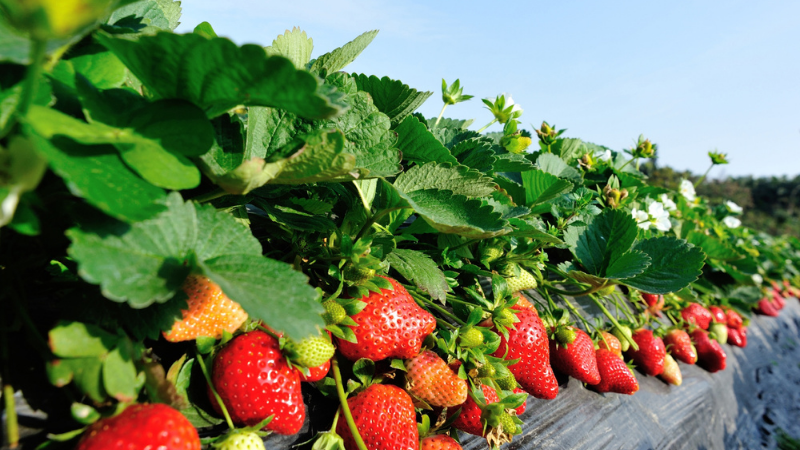Florida Farmers Losing Sleep For A Good Reason [Opinion]
 One of the big highlights of the 2015 Florida Ag Expo, held at the Gulf Coast Research and Education Center in Balm, was a grower panel hosted by FFVA president Mike Stuart. With Leonard Batti of Taylor Farms; Tres McQuag of Astin Farms; Elvie Engle of Del Monte, and Jay Sizemore of JayMar Produce, the panel was sure to touch on pressing issues facing our growers.
One of the big highlights of the 2015 Florida Ag Expo, held at the Gulf Coast Research and Education Center in Balm, was a grower panel hosted by FFVA president Mike Stuart. With Leonard Batti of Taylor Farms; Tres McQuag of Astin Farms; Elvie Engle of Del Monte, and Jay Sizemore of JayMar Produce, the panel was sure to touch on pressing issues facing our growers.
When Stuart posed the question to the group: What keeps you up at night? Across the board all participants answered “labor.” We all know the uncertainty around labor is a big deal, but the drip, drip of problems surrounding the issue is becoming a flood.
The panelists noted that finding good, reliable labor is becoming more and more difficult. It has set off competition between growers to the point where there is no guarantee crews will show up from one day to the next. The H-2A program is an answer, but it is flawed with cumbersome regulations and is very costly. Couple that with the fact the agency charged with administering the program doesn’t even like H-2A — it is a lukewarm answer at best.
During a Q&A, a well-meaning Expo attendee asked the panel why don’t growers just hire college students to pick their crops? After all, they need pickers and the students need gas and spending money.
The growers on the panel answered they have opened jobs to local folks including students, but frankly there were not any takers or ones that lasted more than a day or two.
Sitting a couple rows behind me was Plant City strawberry grower Carl Grooms. For those of you who know Carl, you know he is a straight shooter and has a way of getting to a point rather quickly.
It appeared Carl was levitating a couple inches above his chair eager to respond to the question. He weighed in that people are simply not willing to do the hard work of hand labor in the professional and timely manner matter required for crops like his. He added growers have a business to run no different than Sears at the mall in town. They certainly are not in the business of providing gas money for college students.
Our society has become more curious about where their food comes as the buy local movement continues to grow. I think that is great, but it will require us to increasingly step up and provide frank talk like Carl and the other panelists provided on labor.
Agriculture is not a social experiment. Growers can’t afford to dabble in feel-good ideas from people who don’t understand agriculture when a crop must be harvested today or lost tomorrow. Growers absolutely should pay workers fair wages and provide the utmost in humane and safe working conditions. The vast majority do. But, at the end of the day, it is hard work.
Immigrants who come to work in the fields are doing so to make money to support their families either here or south of the border. There comes a point where regulations will become so burdensome and expensive growers will not be able to grow and/or harvest their crops. How will this help the immigrants the labor reform activists are looking to support?
The stories those panelists told, along with my conversations with other growers, indicate that point in time may be uncomfortably close. We have to make that part of the message communicated to those curious urban consumers. If you a have the ability to host tours of your farm, please do. Make sure your message is more than marketing fresh produce from your farm to their table, but also the stark business realities you face from day to day like finding people to harvest your crops.










